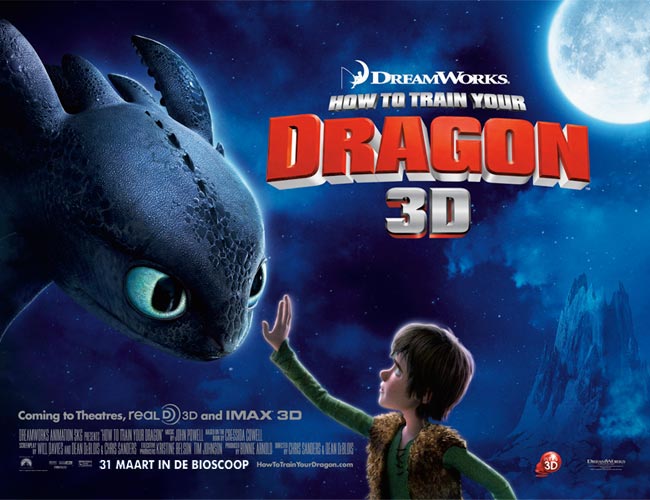I don’t use cuss words a lot. They’re not terribly eloquent. But every now and then they are absolutely perfect for conveying sentiment. And now is one of those times, I feel.
Changing habits is a fucking bitch.
After the birth of my second child, I had become very unhealthy. Given the endless work of two small children, my husband and I resorted to a lot of fast food and processed food for quick meals. Eating these poisons disguised as food, our health declined rapidly. By 2009, I would spend days in bed because I felt too miserable, had no energy, and was in too much pain to get out of bed.
And then, I had That Moment. We all have That Moment in our lives. It has only happened to me twice in my life: once when I was 19-years-old and once in 2009 when I was 40-years-old. It’s when you wake up and say, “I’m not going to live like this anymore. I don’t want to be like this anymore.” It’s when you decide that you’re not going to be in an unhealthy relationship anymore, or you’re not going to stay working for a terrible boss doing a job that you hate anymore. For me in 2009, it’s when I decided that I didn’t want to spend everyday sick in bed and in pain anymore. I wanted to be healthy.
Now, fast forward three years to 2012. You would think that I would be the perfect example of health by now. I’ve been working towards this goal for three years. I should be glowing, strong and full of energy.
Did I mention that changing habits is a fucking bitch?
First I had to learn about nutrition. That was a journey in itself and one that I continue today. Then there were tons of attempts, failures, false starts and wrong turns. I’m much healthier today than I was in 2009. I don’t spend everyday in bed and my body isn’t in a constant state of low-level pain anymore, but I’m not anywhere near my goal of abundant energy and beautiful glowing health.
And here is my first bit of advice to you as I distill three years of experience into a single sentence: Change only one habit at a time. This statement is so simple and will be disobeyed time and time again by so many people, including me, and yet it is the cornerstone of change.
You see, when you change an ingrained habit, you spend the entire day in fierce battle with yourself. It is exhausting and you don’t always win. All of your effort and energy needs to be channeled into a single significant habit change. If you try to change more than one habit, your energy becomes diluted as you spread yourself too thin, and you lose the battle.
Recently along my continued journey towards health, I tried to change three habits at once. In my impatience, I lost everything and now am back exactly where I started at the first of the year. I’ve made no progress except to learn a very valuable lesson:
Be patient. Enjoy the journey. Quit counting down the days. And change only one habit at a time.
